Jim Obergefell, the named plaintiff in the lawsuit that led to the Supreme Court's marriage equality ruling last year, testified Tuesday in the U.S. House of Representatives about the pending First Amendment Defense Act. The legislation would allow businesses, nonprofits, and even goverment employees to discriminate, without penalty by the federal government, against LGBT people and anyone else who offends the individual or group's "religious belief or moral conviction" that marriage should be limited to opposite-sex couples and that sexual relations should occur only in such a marriage. Here is his take on the hearing before the House Committee on Oversight and Government Reform, followed by his testimony.
During the First Amendment Defense Act hearing, proponents claimed that the bill wouldn't take anything from anyone. I disagree wholeheartedly.
By targeting LGBTQ couples who are married or intend to marry, unmarried heterosexual or LGBTQ couples who engage in premarital sex, and single parents, this bill takes away dignity, respect, and protections that other Americans enjoy. FADA makes us second-class citizens who are denied full participation in our civil society. FADA proponents claim that this is necessary to protect the "deeply held beliefs" of those who are opposed to marriage equality or premarital sex. Proponents claim that they should not be required to "check their beliefs" at the door, although they disregard the fact that this law would force LGBTQ couples and others to check their rights at the door.
The United States is a nation built on the rule of law, and the rule of law should apply to every citizen regardless of religious belief or affiliation. FADA would codify discrimination into law and give one very specific religious belief preference over all others. That demand for protection for one specific religious belief, at the expense of all others whose beliefs run counter, is the very antithesis of religious freedom, and it should concern every American. The United States is not a nation built for one religious tradition, and to use that as justification for any law is dangerous. We all lose something if this becomes law -- true religious freedom.
Here's what I said to the House Committee on Oversight and Government Reform Tuesday:
Chairman [Jason] Chaffetz and Ranking Member [Elijah] Cummings:
Thank you for inviting me to testify today. My name is Jim Obergefell, and I was the lead plaintiff in the Supreme Court's historic marriage equality ruling in Obergefell v. Hodges.
June 2015 was a joyous time for me and LGBT people across the country. The Supreme Court decision extending the freedom to marry to all loving couples was a landmark achievement in the long and ongoing struggle for equality under the law. I was deeply honored to have played a role in helping same-sex couples win this victory.
June 2016 was a time of heartbreak for millions around the world, including myself. The murder of 49 people and wounding of 53 others at a gay nightclub in Orlando, Fla., on June 12 was a devastating tragedy and the worst attack on the LGBT community in our nation's history.
Today, exactly one month after this horrifying event, I am appearing before this congressional committee to discuss a bill that would authorize sweeping, taxpayer-funded discrimination against LGBT people. I think that is profoundly sad. With all due respect to you, Chairman Chaffetz, and the members of this committee, this hearing is deeply hurtful to a still-grieving LGBT community.
It is my opinion that a hearing like we're having today would have been much better spent in looking at how best to ensure that no one in this country is subjected to violence or discrimination based on who they are or whom they love.
Sadly, that is not the focus of today's hearing. I will explain why I am so strongly opposed to the so-called First Amendment Defense Act, but I first would like to share a bit more about myself.
I was in a loving, committed relationship with my partner and eventual husband, John Arthur, for almost 21 years. I wish more than anything that John were still with me today, but he passed away on October 22, 2013, after a years-long battle with amyotrophic lateral sclerosis (known as ALS). I was with John, caring for him, at every difficult stage of his illness.
Losing the most important person in your life is never an easy experience or one that is free of heartbreak. However, losing John was made much more difficult by the state of Ohio because it refused to recognize our marriage.
Following the Supreme Court's decision in 2013 to strike down the heart of the so-called Defense of Marriage Act, which prohibited federal recognition of marriages between two individuals of the same sex, John and I decided to marry.
Our home state, Ohio, did not allow same-sex couples to marry. At the time, John was confined to his bed and we knew that he did not have much time left. His physical condition made it extremely difficult to travel to a state where we would have the freedom to marry. Thanks to tremendously generous support from family and friends, on July 11, 2013, we boarded a medically equipped plane and traveled to Maryland. John's health was so fragile at that time that we could not even leave the plane. We were married inside of it on the airport tarmac.
When we returned to Ohio, we learned that I would not be listed on John's death certificate as his surviving spouse when he died because the state refused to recognize our marriage for any purpose. It is difficult to express just how devastating it is to be told by the state in which you reside that you will not be recognized as the surviving spouse to the man you loved more than anything and built a life together with for more than two decades.
We decided to fight back in court against this injustice. Together with partners like the [American Civil Liberties Union], we began a legal journey that, sadly, John did not get to see to conclusion. It culminated in a momentous victory for loving and committed couples across the country. I know John would have been proud to have a played a role in this historic legal victory for equality.
As important as it is that same-sex couples like John and I have the ability to obtain a civil marriage license in any state in the country, it is also critically important that this constitutional right is not undermined by proposals, like this legislation, that would subject loving couples like me and John, and other LGBT people to discrimination.
Among this legislation's many potential harms, it could allow any privately owned business to refuse to let a gay or lesbian employee take time off to care for a sick spouse, even though that otherwise would violate federal family and medical leave laws. This is not the kind of dignity and respect that the Supreme Court spoke so eloquently of in the decision granting the freedom to marry nationwide last June. What could ever justify such a discriminatory and harmful action?
I understand that the proponents of this legislation argue that it is necessary to protect churches, clergy, and others who oppose marriage equality for religious reasons. But the First Amendment is already clear on this point. Since the founding of this country, no church or member of the clergy has been forced to marry any couple if doing so would violate their religious teachings. That has not changed since same-sex couples won the freedom to marry.
Religious liberty is a core American value. Everyone in this country is free to believe (or not) and to live out their faith as they see fit, provided that they do not do so in a way that harms other people. As I see it, this legislation turns this value on its head by permitting discrimination and harm under the guise of religious liberty.
Given the way that this legislation is drafted -- particularly the phrase "or that sexual relations are properly reserved to such a [heterosexual] marriage" -- its harms are not limited to LGBT people or same-sex couples. Indeed, women, particularly single mothers, and unmarried couples could also find themselves on the receiving end of discriminatory treatment if this proposal were ever to be signed into law. For example, the legislation could allow certain social service programs that receive federal funding, including homeless shelters, to turn away a single mother and her child. In addition, it could permit any nonprofit university to continue to receive federal funding even when it fires an unmarried teacher simply for becoming pregnant.
It is difficult for me to imagine why anyone would think such discrimination should be permitted in the year 2016. I believe that the United States Congress must be better than this.
We have seen similar discriminatory bills to this proposal introduced in state legislatures across the country this year -- the vast majority of them were defeated after facing significant, bipartisan backlash, including in deep red states like Georgia, Oklahoma, and Wyoming.
In addition, just last month, a federal judge in Mississippi blocked a state law similar to this proposal from taking effect, saying that it violated both the First and Fourteenth Amendments in the U.S. Constitution. The First Amendment Defense Act is an attempt to shift this divisive and failed strategy from the states to Congress. I urge all of you to stand on the right side of history by steadfastly rejecting this mean-spirited, discriminatory and unconstitutional proposal.
I would like to conclude by saying that it is my sincere hope that Congress will move away from elevating proposals like this that only serve to harm a vulnerable community. I hope that this committee will look at ways to protect LGBT people and others in America from harm. Everyone deserves the freedom to live their life without fearing discrimination or worse simply because of who they are or whom they love.
Thank you again for the opportunity to provide these remarks. I look forward to your questions.










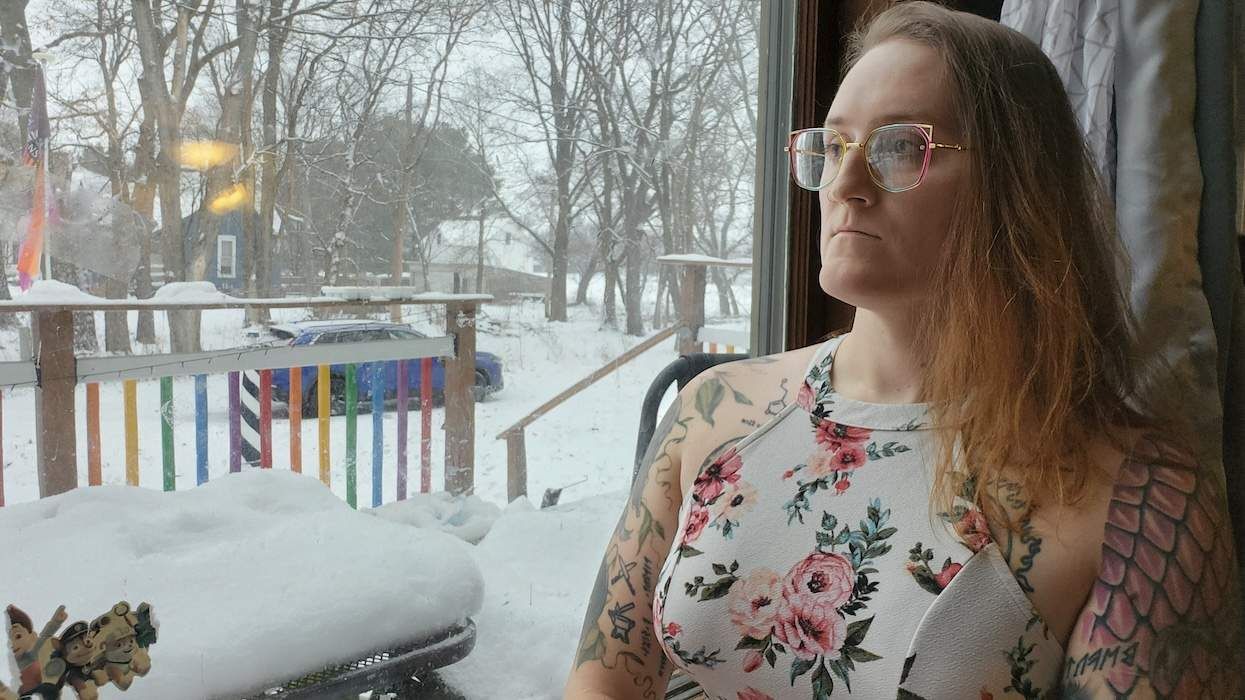

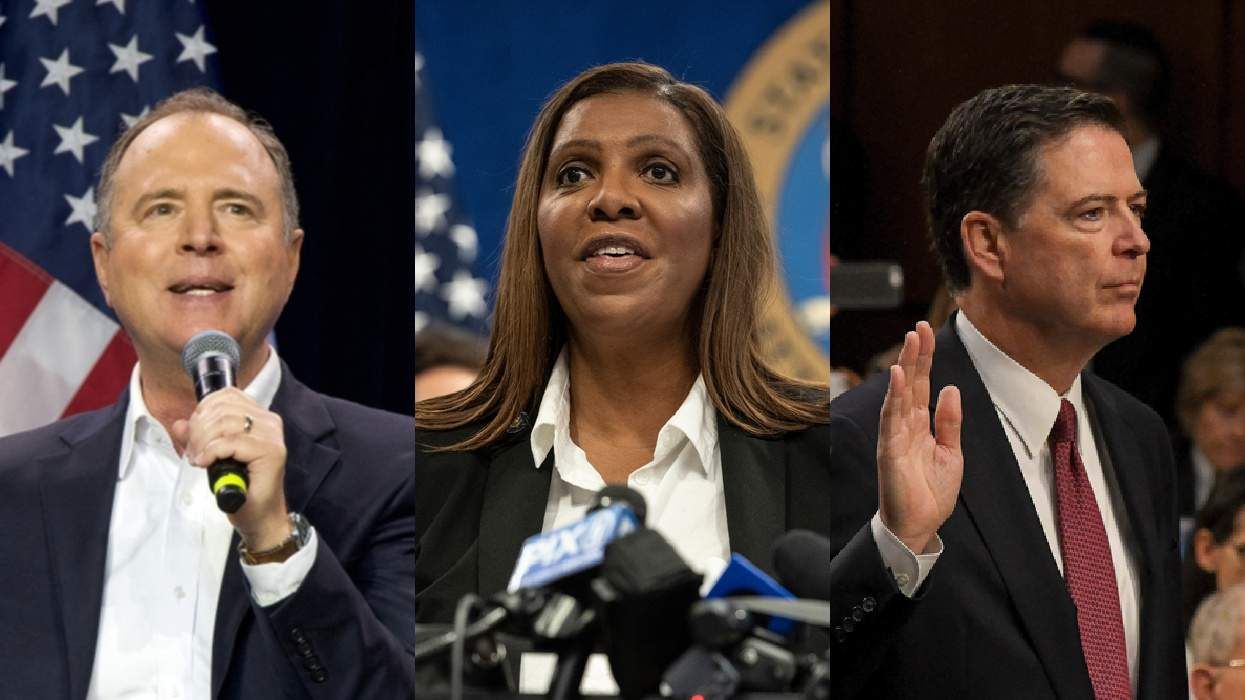

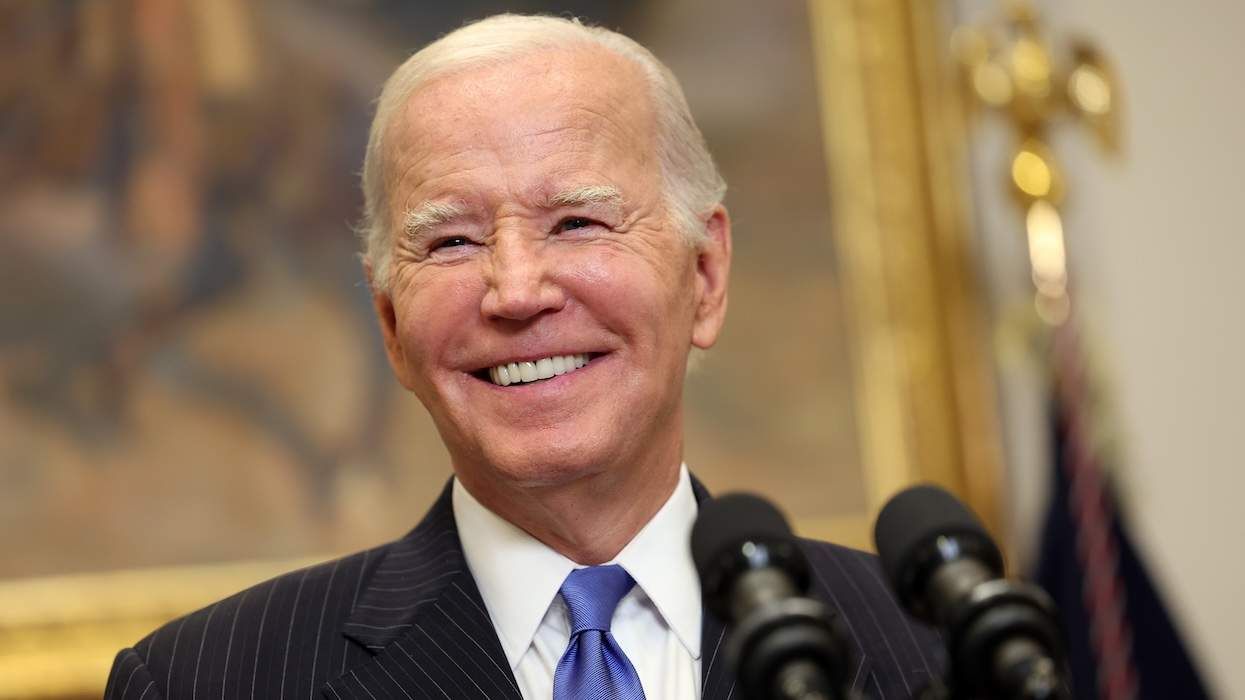






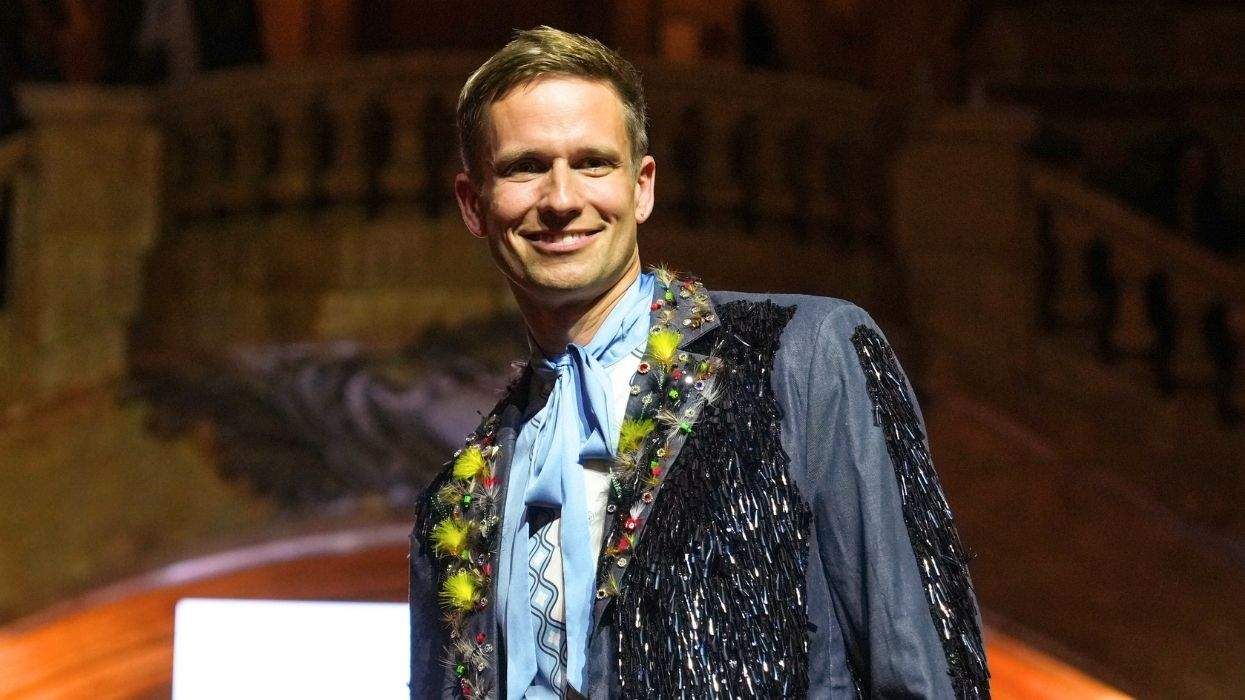
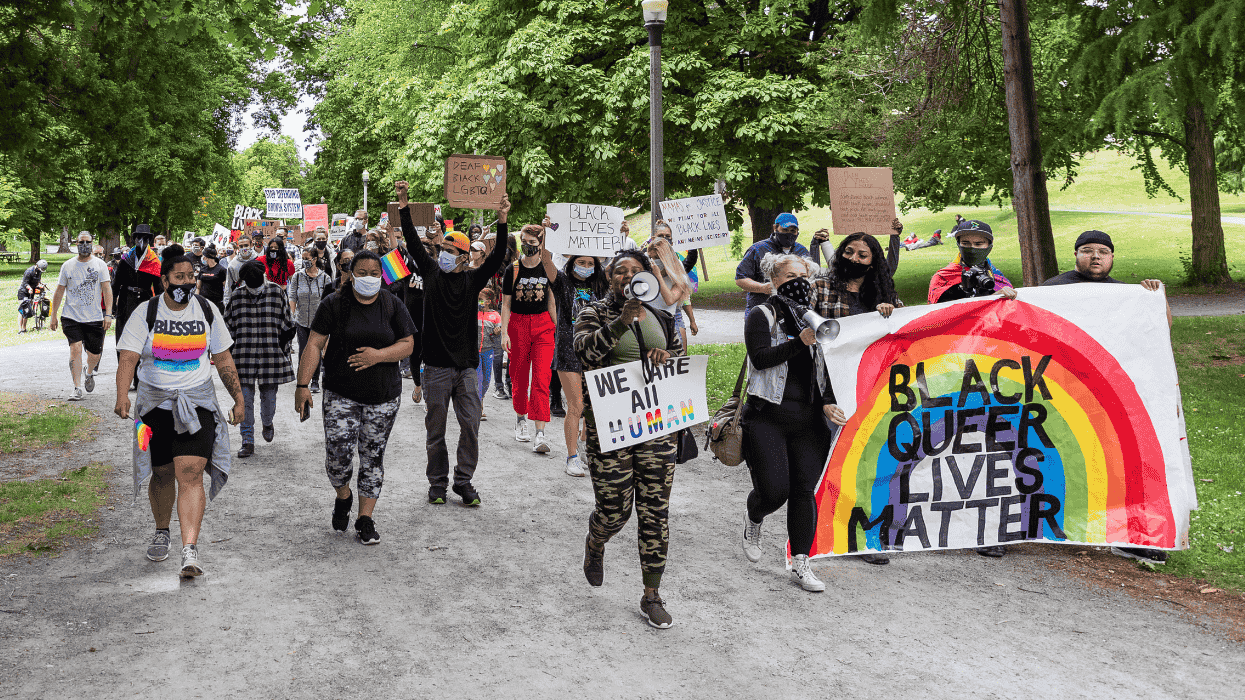




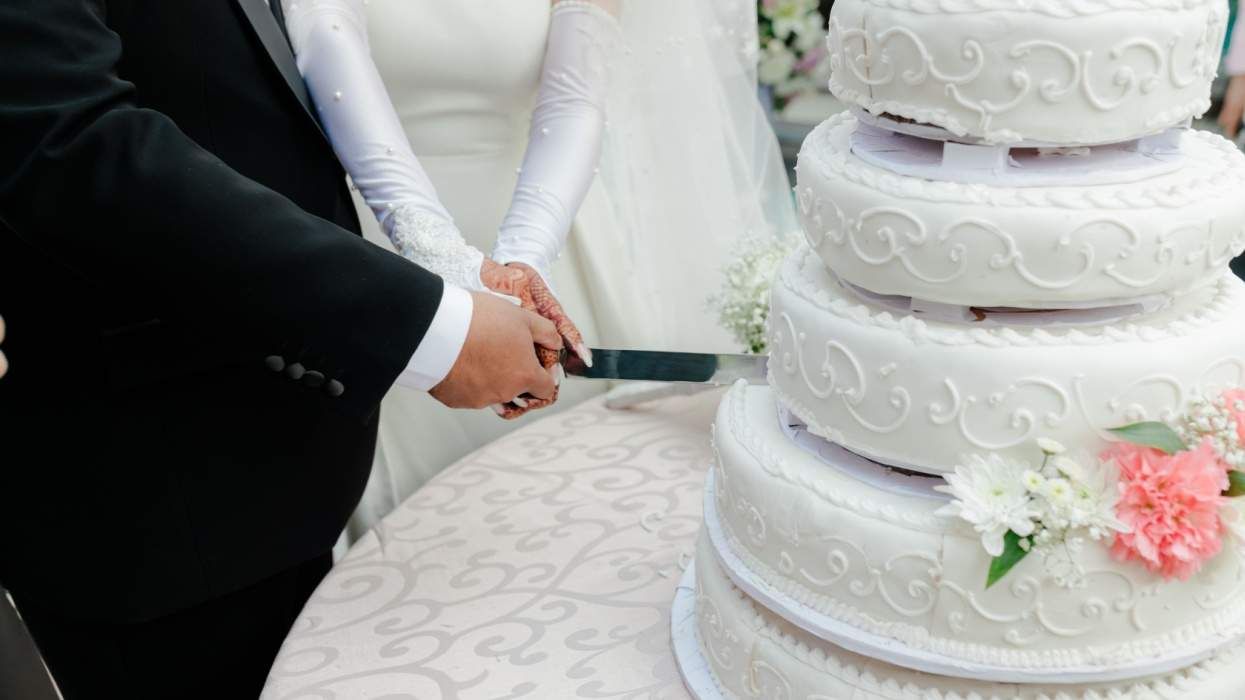








































Charlie Kirk DID say stoning gay people was the 'perfect law' — and these other heinous quotes